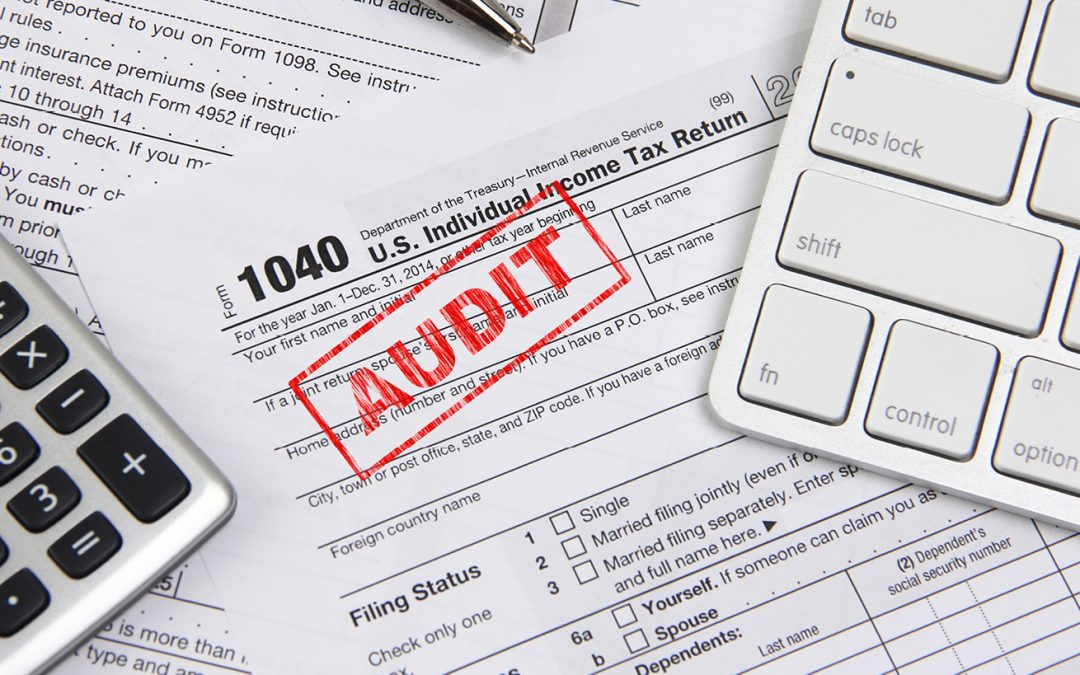The federal income tax filing due date for individual taxpayers, including individuals who pay self-employment tax, has been extended to Monday, May 17, 2021, for the 2020 tax year. There is no need to file any forms to qualify for this automatic federal tax filing and payment relief. Individual taxpayers will automatically avoid interest and penalties on the taxes paid by May 17; however, penalties, interest, and additions to tax will begin to accrue on any remaining unpaid balances as of May...








